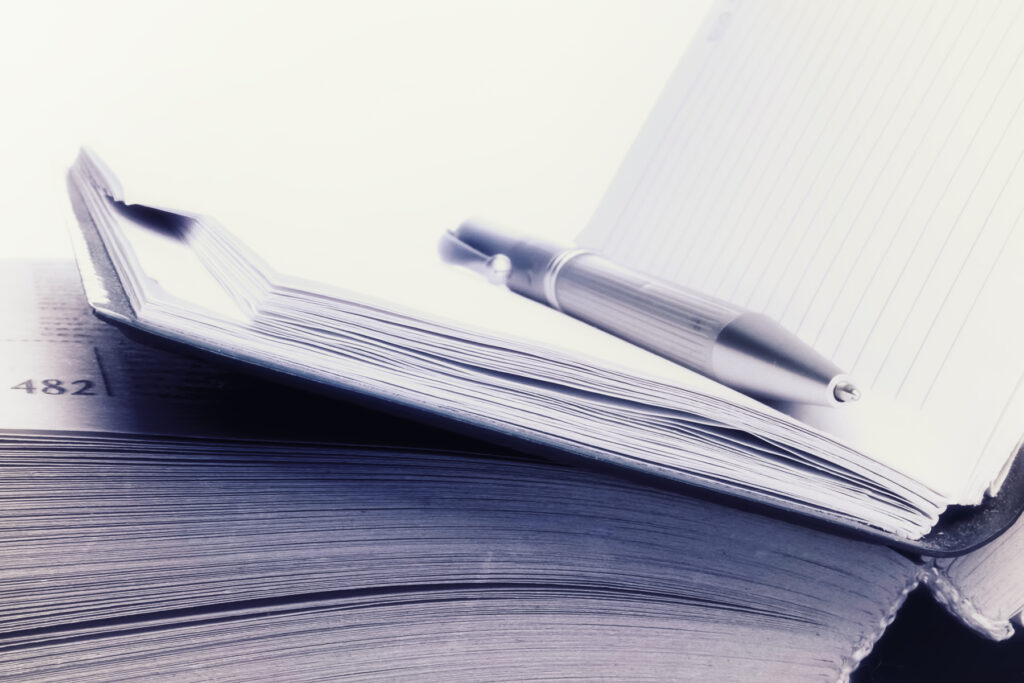Paula Keaveney

Standing in the snow in Shakhrisabz, Uzbekistan, listening to the national anthem, which is an odd way to start a day, but this was the ceremony on the steps of the polling station before opening for business in December 2019. Shakhrisabz was the centre of our ‘area of observation’, from where our small team would visit voting places and watch ballots being counted and totals recorded as part of an Election Observation Mission during a Parliamentary contest. Throughout the day, our team of four – two observers, a driver, and an interpreter – recorded findings, sending them electronically to the mission headquarters in Tashkent. There the Office of Democratic Institutions and Human Rights (ODIHR) would gain a growing overview of what was happening on the ground. This was election observation in action.
For me, taking part in election observation is a way of using my political knowledge and experience to help support a world-wide system of supporting democracy. It is a multi-national operation, supported by the UK and other governments, which can help countries, including our own, improve bad practice and maintain what is good.
Observing elections
Uzbekistan was not my only experience as an election observer. I have observed votes in North Macedonia, Serbia, Moldova, Ukraine and most recently Serbia. Some things are constant wherever you are. Polling days are always long. Teams will be watching from before the polling station doors open right through to the votes being counted and results recorded. Before the day, campaigns will have been studied, media coverage monitored, and party officials interviewed. On the day, teams will be visiting different polling places looking at how ID is checked, whether there is enough information, how the voting area is laid out, whether people are voting in secret, how disabled people are able to take part properly, whether there is any influence on voters. Election observers always notice practices that differ from those at home. The differences can be quite considerable. For example, in many countries there is a complete ban on polling day advertising and campaigning. Contrast this to election day in the UK, when leaflets can start hitting the doormats before dawn and it is difficult to avoid people with rosettes. Many countries ban any party’s attempt to note who has voted. In the UK tellers take details and then campaigners knock on our doors if we haven’t been. All the elections I have observed have involved see-through ballot boxes. In the UK ours are black. And while in the UK we transport ballot boxes to big counting halls, everywhere I have observed sees the ballot papers counted in each polling station, with those very local results recorded and published. We are however not there to notice difference, but to see whether what should happen is happening. This means getting up to speed on relevant election laws and processes and keeping an eye out for practices such as public voting (demonstrating to an official that you have voted the ‘right way’) or family voting (one family member telling another how to vote).
Why observe elections?
So why would a government fund its citizens to go overseas to watch someone else’s election? While there may be a general commitment to supporting democracy, foreign policy interests often come into play. This can affect whether a nation sends observers and how many observers it sends. National interests may also relate to demographics at home. A large Canadian observer contingent in Ukraine in 2019 was linked to a sizeable Ukrainian diaspora in Canada, for example.
Power of observation
But what is the point of this activity? Observers don’t intervene. What happens, happens. So, by the time any lengthy critical report is written, the election is all done and dusted. The organisations involved, however, will point to a wide range of democratic benefits. The presence of observers can add confidence to the election process. It can invite self-criticism and reports usually include recommendations for changes to parts of the system, including media regulation, campaign finance and processes. The system therefore helps States to make changes to election laws and processes to improve future polls. This isn’t quite ‘what gets measured gets done’. But it is ‘what gets seen (usually) gets better’.
More information about election observation is available from the Westminster Foundation for Democracy
Paula Keaveney is Senior Lecturer and Programme Leader for Politics.
